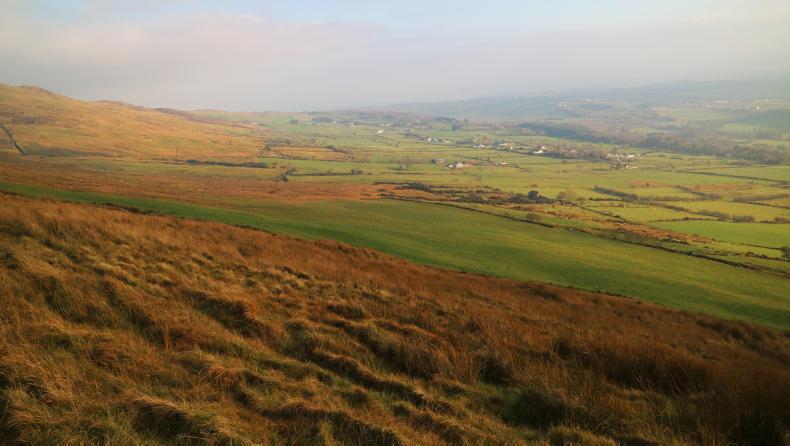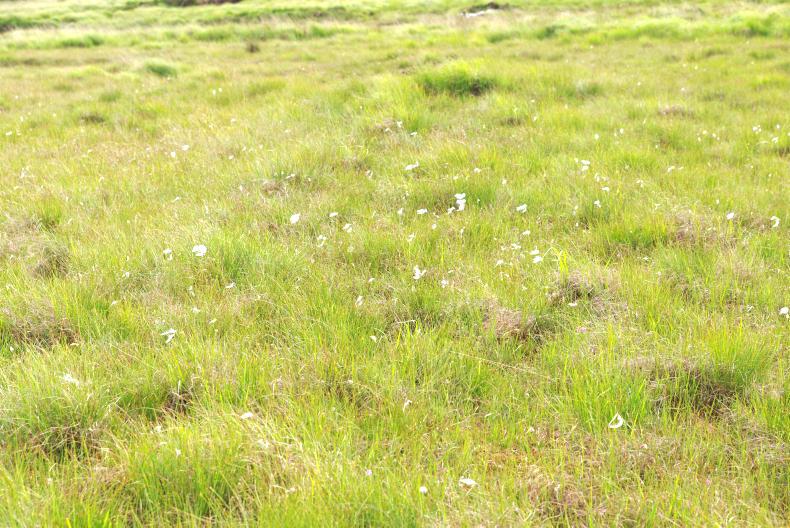The European Commission has decided to refer Ireland to the European Court of Justice over its failure to designate Special Areas of Conservation, more than five years after the deadline expired.
Under the Habitats Directive, member states must designate special areas of conservation (SAC), with specific conservation objectives and corresponding conservation measures to maintain or restore a favourable conservation status of the species and habitats present.

These steps need to be carried out within six years from the inclusion of these sites in the EU list as sites of community importance.
In the case of Ireland, 154 of these sites (out of 423) have not yet been designated as SACs in the Atlantic biogeographical region, although the relevant deadline expired in December 2014.
Site-specific objectives
Site-specific conservation objectives have not been established for 87 sites and the necessary conservation measures have not been established at any of the 423 sites, according to the Commission.
As the Irish authorities did not sufficiently address these concerns following a reasoned opinion, the Commission has decided to refer Ireland to the European Court of Justice.
Responsibility
Currently, there are 1,694,743ha of SAC, 53% of which is land, in Ireland.
It is estimated that there are 35,000 farmers that have designated land. There are three types of designated land: special area of conservation (SAC); special protected area (SPA); or natural heritage area (NHA).
The responsibility for applying designations on to land in Ireland is under the remit of the National Parks and Wildlife Service.
In a separate matter, the European Commission is also calling on Ireland to carry out environmental impact assessments for peat extraction.
Under the EIA Directive 85/337/EEC, member states are required to carry out an assessment of the environmental impacts of projects likely to have a significant negative impact on the environment, including peat extraction projects.

The Commission has put Ireland on notice regarding peat extraction. \ David Ruffles
The Commission has said that “Ireland has had numerous problems with the transposition and application” of this law for this category of projects over the years.
The Court of Justice found in case C-392/96, Commission v. Ireland, that Ireland had failed to correctly transpose the original directive with regard to peat extraction activities.
Complaints
“Whilst the legislation was amended and the case closed, the Commission subsequently received complaints that it was still not being applied to peat extraction activities in practice.
“Given the significant peat extraction that has continued in Ireland since the EIA Directive was required to have been transposed and applied in 1988, the Commission raised these concerns in a letter of formal notice.
“As Ireland has failed to answer these claims, the Commission is now issuing a reasoned opinion. Ireland has three months to bring itself into compliance, otherwise the Commission may decide to refer the matter to the Court of Justice of the EU,” the Commission has said.
The European Commission has decided to refer Ireland to the European Court of Justice over its failure to designate Special Areas of Conservation, more than five years after the deadline expired.
Under the Habitats Directive, member states must designate special areas of conservation (SAC), with specific conservation objectives and corresponding conservation measures to maintain or restore a favourable conservation status of the species and habitats present.

These steps need to be carried out within six years from the inclusion of these sites in the EU list as sites of community importance.
In the case of Ireland, 154 of these sites (out of 423) have not yet been designated as SACs in the Atlantic biogeographical region, although the relevant deadline expired in December 2014.
Site-specific objectives
Site-specific conservation objectives have not been established for 87 sites and the necessary conservation measures have not been established at any of the 423 sites, according to the Commission.
As the Irish authorities did not sufficiently address these concerns following a reasoned opinion, the Commission has decided to refer Ireland to the European Court of Justice.
Responsibility
Currently, there are 1,694,743ha of SAC, 53% of which is land, in Ireland.
It is estimated that there are 35,000 farmers that have designated land. There are three types of designated land: special area of conservation (SAC); special protected area (SPA); or natural heritage area (NHA).
The responsibility for applying designations on to land in Ireland is under the remit of the National Parks and Wildlife Service.
In a separate matter, the European Commission is also calling on Ireland to carry out environmental impact assessments for peat extraction.
Under the EIA Directive 85/337/EEC, member states are required to carry out an assessment of the environmental impacts of projects likely to have a significant negative impact on the environment, including peat extraction projects.

The Commission has put Ireland on notice regarding peat extraction. \ David Ruffles
The Commission has said that “Ireland has had numerous problems with the transposition and application” of this law for this category of projects over the years.
The Court of Justice found in case C-392/96, Commission v. Ireland, that Ireland had failed to correctly transpose the original directive with regard to peat extraction activities.
Complaints
“Whilst the legislation was amended and the case closed, the Commission subsequently received complaints that it was still not being applied to peat extraction activities in practice.
“Given the significant peat extraction that has continued in Ireland since the EIA Directive was required to have been transposed and applied in 1988, the Commission raised these concerns in a letter of formal notice.
“As Ireland has failed to answer these claims, the Commission is now issuing a reasoned opinion. Ireland has three months to bring itself into compliance, otherwise the Commission may decide to refer the matter to the Court of Justice of the EU,” the Commission has said.








 This is a subscriber-only article
This is a subscriber-only article











SHARING OPTIONS: